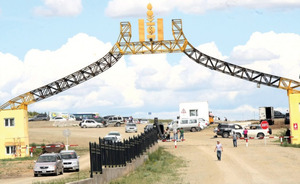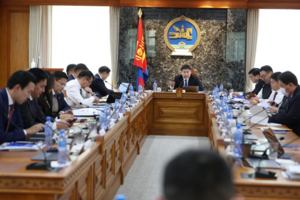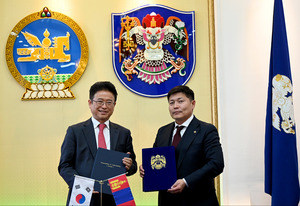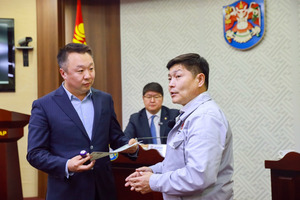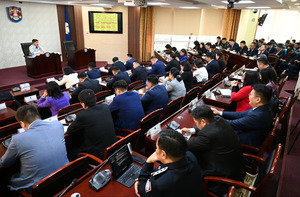Mongolian legislators have agreed to water down a draft law to restrict foreign investment amid fears it could hurt the mineral-rich country"s economic growth.
However, mining, media and banking projects will still be subject to stringent restrictions, though some analysts expect the draft will be further diluted before becoming law.
MPs agreed on Tuesday to reduce the number of strategic sectors that should be 51 percent state controlled under the draft law, according to details of a committee meeting published on the official parliamentary website (open.parliament.mn).
The draft was initiated by nationalist backbenchers in the wake of Chinese aluminium giant Chinalco"s efforts to take a majority stake in the Canadian firm SouthGobi Resources , which controls coal mines in Mongolia.
A provision saying that projects worth more than 100 billion tugrik ($80 million) should be subject to majority Mongolian ownership has also been removed.
According to Ulan Bator-based Frontier Securities, the changes agreed on Tuesday meant "the bill has even higher likelihood of being speedily approved".
Investors said the government was engaged in a delicate balancing act ahead of parliamentary elections on June 28.
"Proposals for legislation can be submitted by individual MPs and these do not necessarily represent consensus in Mongolia," said Eric Zurrin, chief executive officer of Resource Investment Capital, a fund focusing on Mongolia.
"With the pressure of a national election, the government has no alternative but to, at the minimum, consider all forthcoming proposals."
He said he did not expect a reversal of what he saw as a steady improvement in business friendly policies over the last few years.
"If the current draft Foreign Investment Law is ratified, the BCM believes that this will undermine Mongolia"s development trajectory, which has been on a steep upward path," said the Business Council of Mongolia (BCM) in a statement issued on Wednesday.
Critics said the definition of 16 "strategically important" sectors, which included minerals, food, agriculture, power, property, transportation and communications, was too wide.
While the list will now be cut back, the mining and banking sectors will be retained and investors still need to be wary, Frontier Securities said.
Others included are those that "directly or indirectly" affect the price of minerals or harm Mongolia"s environment and economic independence.
The latter clause was designed specifically to restrict state-owned Chinese firms like Chinalco, with nationalists bridling at their southern neighbour"s growing economic dominance.
The new foreign investment legislation was drafted by N. Batbayar, a Democratic Party representative also responsible for drawing up a widely criticised windfall profit tax in 2007.
The tax, passed despite government opposition, was eventually repealed in 2009 to pave the way for the investment agreement on the Oyu Tolgoi copper-gold project, which granted 66 percent of the project to Canada"s Ivanhoe Mines.
Last year, backbenchers led by Batbayar also called for the renegotiation of the Oyu Tolgoi agreement, saying that the 34 percent stake owned by the government was not enough.
Reuters



